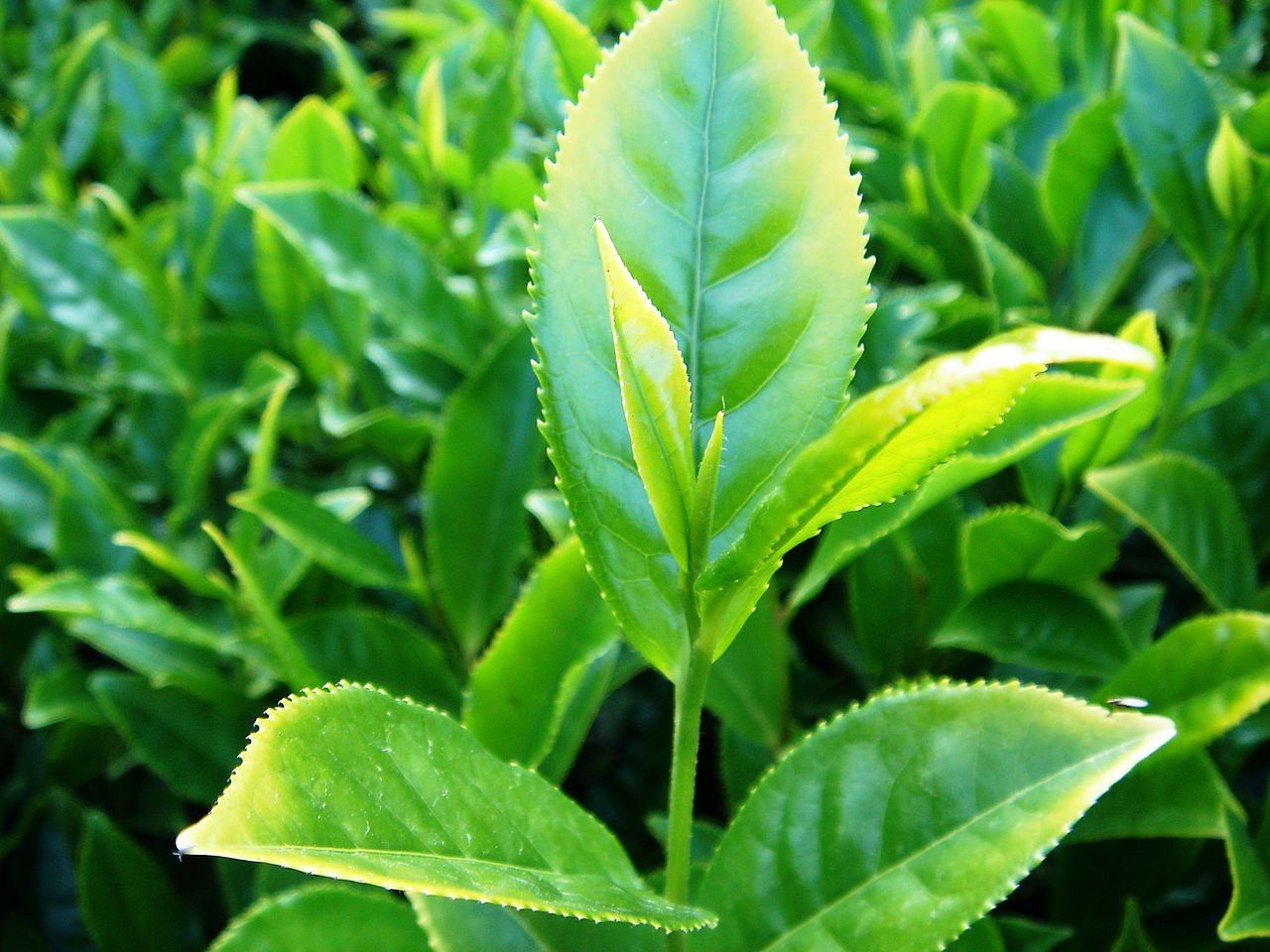Inside BENEO’s new pulse plant: pioneering sustainable protein from faba beans
Tea leaves have hidden medical properties that we may have not discovered yet. The most recent research has found that tiny particles called ‘quantum dots’ derived from tea leaves can destroy lung cancer cells! These particles are 400 times thinner than a human hair and safe and non-toxic as well.
“Our research confirmed previous evidence that tea leaf extract can be a non-toxic alternative to making quantum dots using chemicals,” said Sudhagar Pitchaimuthu from Swansea University in the UK, who led the study.
“The real surprise, however, was that the dots actively inhibited the growth of the lung cancer cells. We had not been expecting this,” Pitchaimuthu said.
The study, published in the journal Applied Nano Materials, outlines a new method of producing a type of nanoparticle using tea leaves, as opposed to the chemical process.
The team, including researchers from K S Rangasamy College of Technology and Bharathiar University in Tamil Nadu, explored a non-toxic plant-based alternative method of producing the dots, using tea leaf extract.
They found that tea leaves are a simpler, cheaper and less toxic method of producing quantum dots, compared with using chemicals, confirming the results of other research in the field.
One of the key findings of the study revealed that quantum dots produced from tea leaves inhibits the growth of lung cancer cells.
The researchers penetrated into the nanopores of the cancer cells and destroyed up to 80 per cent of them.
Quantum dots are therefore a very promising avenue to explore for developing new cancer treatments, researchers said.
This doesn’t mean that drinking tea will prevent or cure cancer, warned the scientist.
This is a complicated process and the research is still its early days of research. It has yet to undergo human trials.
Tea leaves contain a wide variety of compounds, including polyphenols, amino acids, vitamins and antioxidants.

